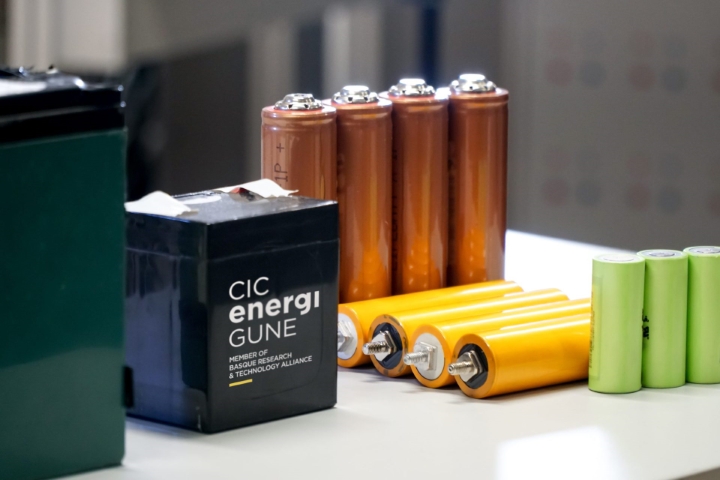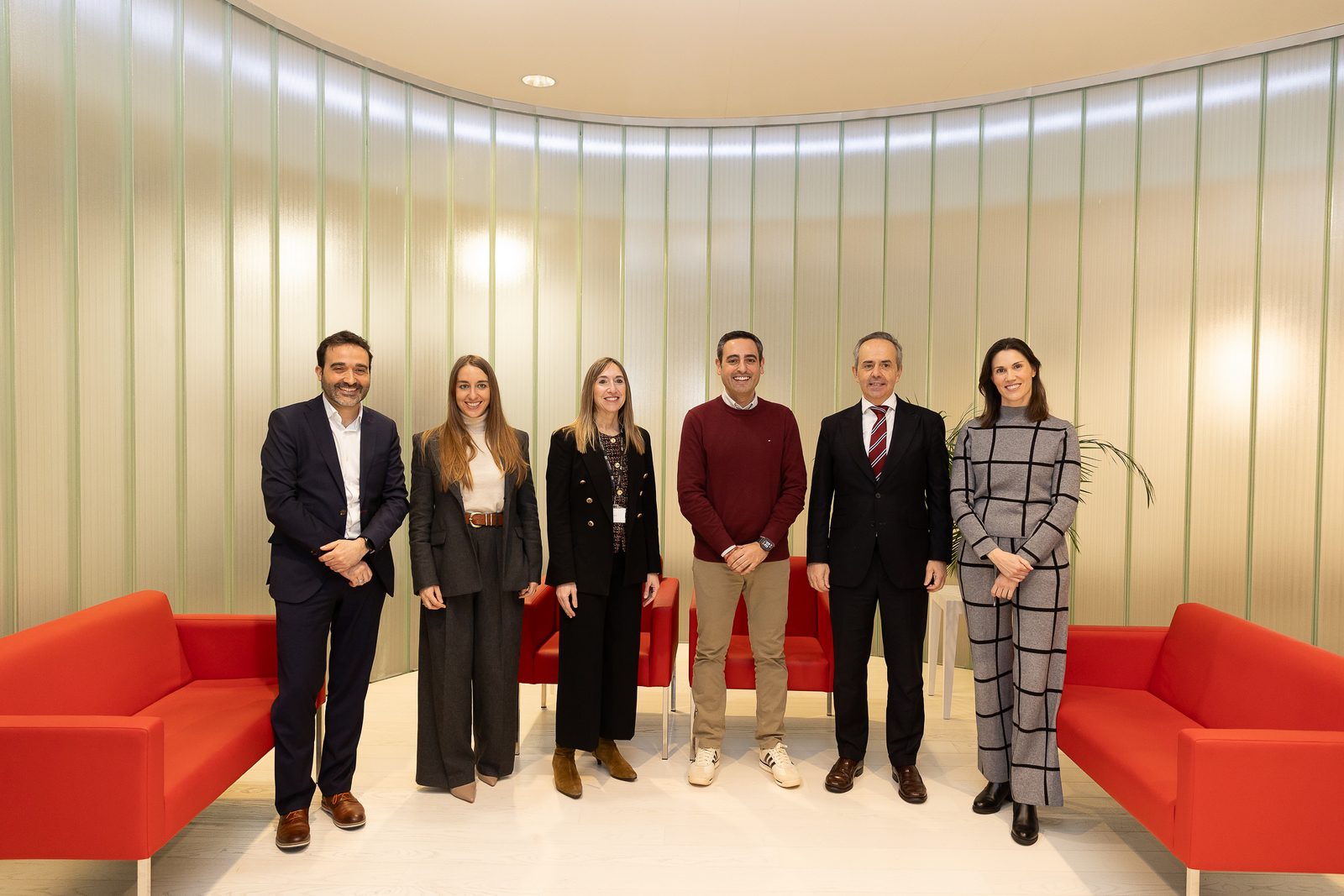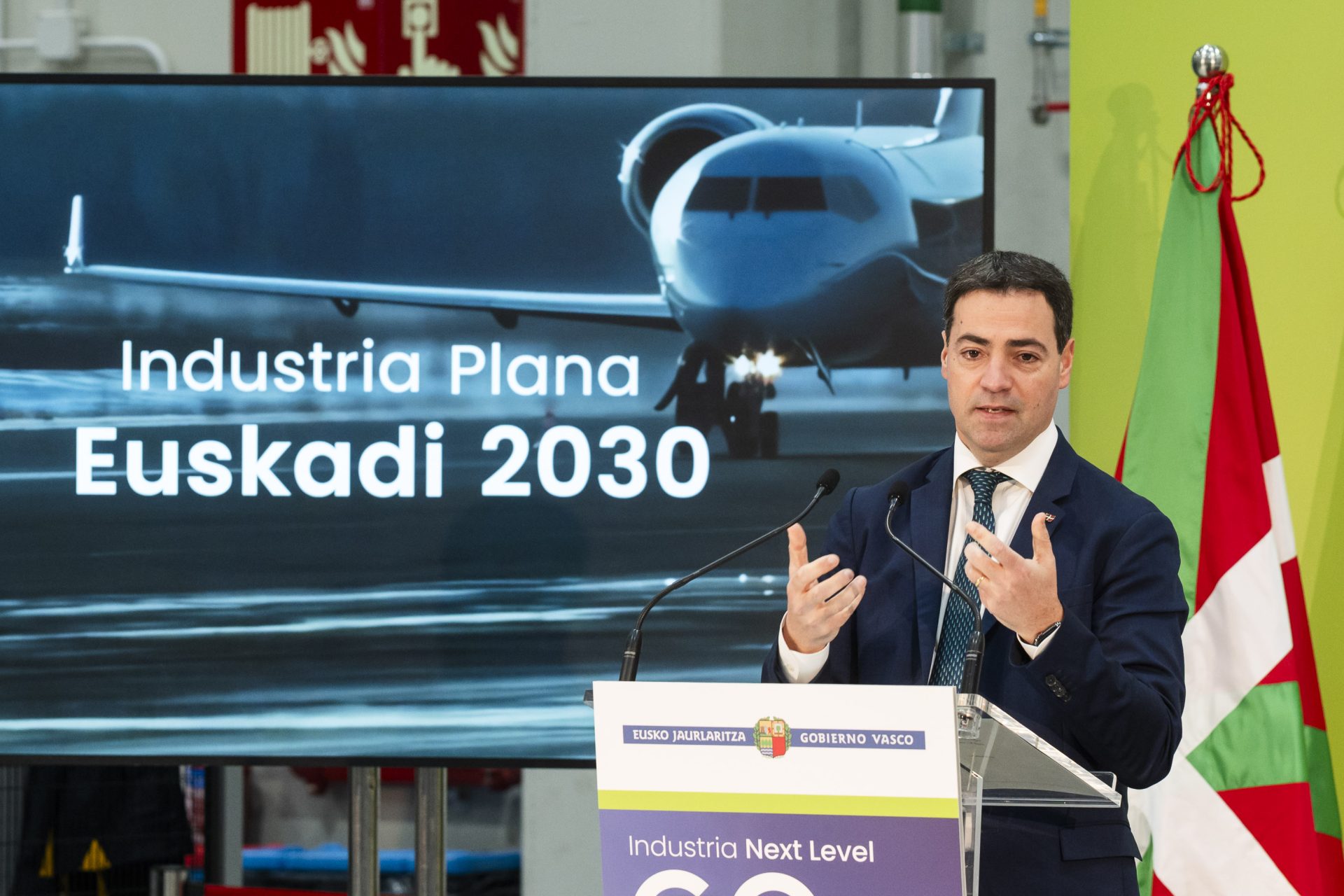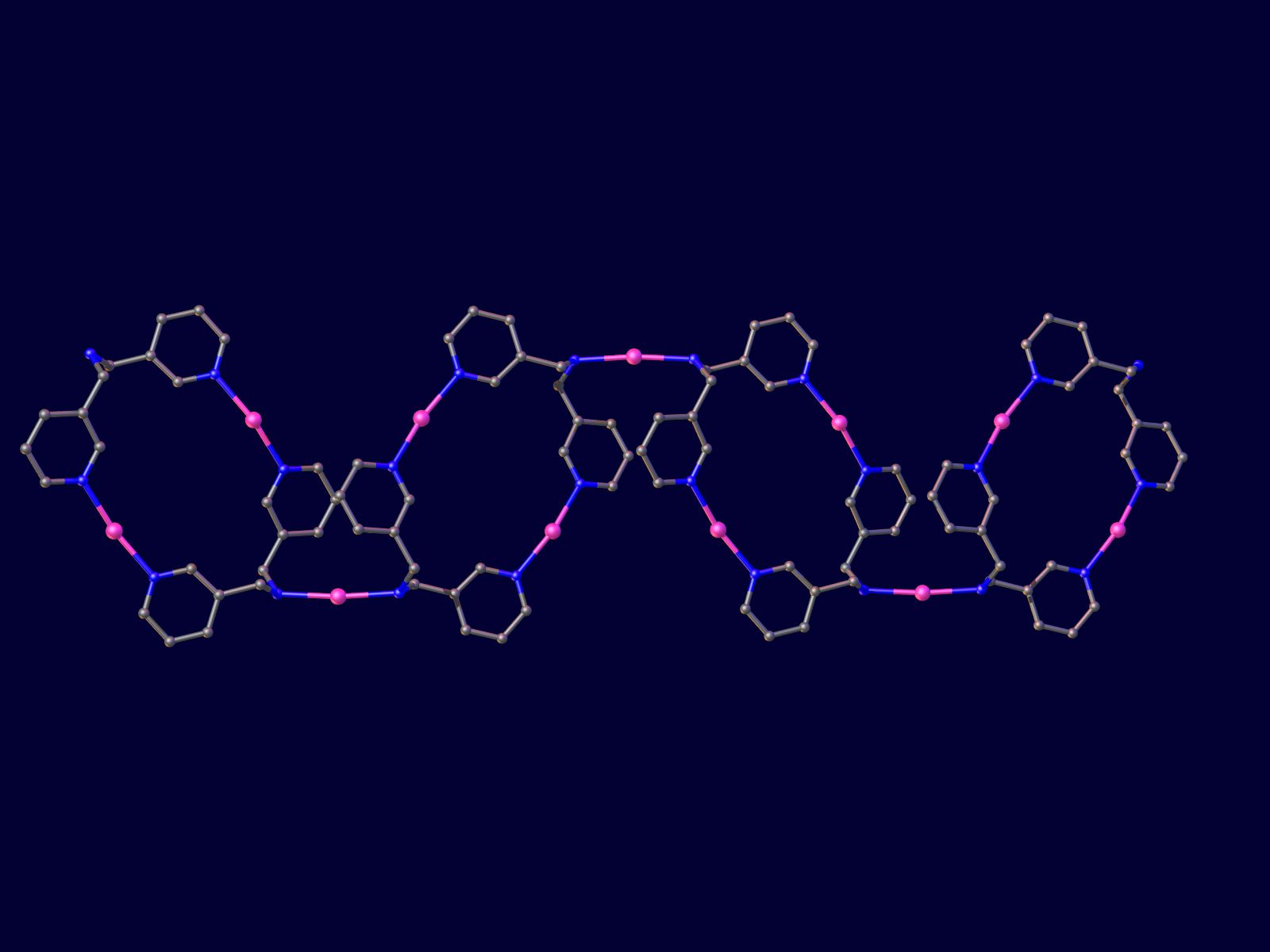CIC energiGUNE participates in the EU’s new drive for the Battery 2030+ programme to ensure the development of the batteries of the future in Europe

The European Union has granted more than 150 million euros in funding to cutting-edge projects supported by Battery 2030+, including OPINCHARGE, in which the Basque centre plays a leading role.
The aim is to make Europe a world leader in the development and production of ecological, sustainable, efficient and safe batteries.
 CIC energiGUNE, a leading Basque research centre in electrochemical energy storage, thermal energy storage and conversion and hydrogen technologies, and the other entities grouped in the pan-European Battery 2030+ initiative, have received a new boost from the European Union to continue working on the development of the batteries of the future. Through Horizon Europe, the EU’s research programme, more than 150 million euros in funding has been granted to cutting-edge projects with the aim of developing European battery technology. Battery 2030+ will promote joint actions related to the definition of roadmaps, best practices and education; and will monitor the evolution of these projects against indicators of excellence and collaboration.
CIC energiGUNE, a leading Basque research centre in electrochemical energy storage, thermal energy storage and conversion and hydrogen technologies, and the other entities grouped in the pan-European Battery 2030+ initiative, have received a new boost from the European Union to continue working on the development of the batteries of the future. Through Horizon Europe, the EU’s research programme, more than 150 million euros in funding has been granted to cutting-edge projects with the aim of developing European battery technology. Battery 2030+ will promote joint actions related to the definition of roadmaps, best practices and education; and will monitor the evolution of these projects against indicators of excellence and collaboration.
The award of this important financial support is a further boost for Battery 2030+, an initiative coordinated by the University of Uppsala (Sweden) that has established itself as one of the main tools on the continent to make Europe a world leader in the development and production of sustainable batteries. The new projects supported by this funding are part of the work of the BATT4EU Partnership and will be developed on the basis of the long-term Roadmap for battery research, published by Battery2030+.
Specifically, six new Battery 2030+ projects will be coordinated focusing on sensors and “self-healing” mechanisms and electrochemical interfaces. A further ten projects will be launched next year with funding of around €60 million, and nine new projects, with funding of €60 million, are planned for 2025. Some of these will include more applied research areas, such as production and recycling, while others will focus more on data analysis.
“The ultimate goal is to better understand the dynamic processes of the battery to further advance technological development in this vital field,” said Professor Kristina Edström, research project coordinator at Battery 2030+. “The EU’s commitment to sustainable energy solutions is evident in Horizon Europe’s continued support for these pioneering projects,” she said.
One of the six projects benefiting from this financial support is OPINCHARGE, led by Santhana Eswara, from the Luxembourg Institute of Science and Technology (LIST) and in which CIC energiGUNE participates. Specifically, in this project CIC energiGUNE aims to develop NMR (Nuclear Magnetic Resonance) techniques to analyse and understand the interactions between the interfacial structure, their chemical evolution and the charge dynamics of lithium-ion batteries at an unprecedented level of detail.
In addition to OPINCHARGE, two other projects will investigate the complex interfaces between the electrolyte and the electrodes (anode and cathode) of the battery. These are Opera, led by Celia Polop of the Autonomous University of Madrid (UAM), and Ultrabat, led by Martin Meedeom Nielsen of the Technical University of Denmark (DTU).
The other three projects focus on detection and “self-healing” mechanisms to improve battery reliability and performance. They are Phoenix, led by Maitane Berecibar of the Free University of Brussels (VUB), Salamander, led by YuxiuLai of the Norwegian Institute of Energy Technology (IFE), and Healingbat, led by Stefan Palzer of the Technical University of Dortmund.




